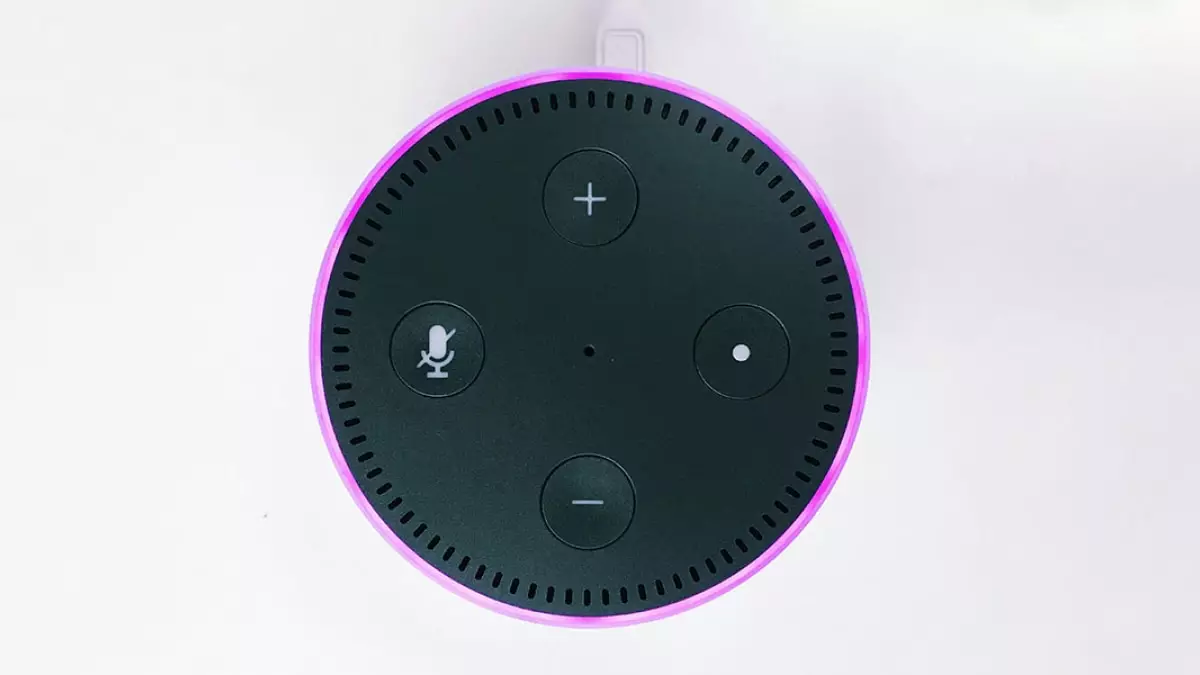In an era where global communication has never been more accessible, paradoxically, feelings of loneliness are increasingly prevalent—especially among the elderly. Traditional methods of connection may be failing, leading researchers to explore innovative technology-driven solutions. One such development gaining traction is the use of digital voice assistants, like Amazon’s Alexa and Google Assistant, as tools to help alleviate feelings of isolation in older adults.
The Role of Voice Assistants
Elena Castro, a health psychology and technology researcher at Universitat Oberta de Catalunya, has conducted studies examining the potential of these digital assistants to mitigate loneliness. Her work points to the idea that voice-enabled technology could play a significant role in supporting older individuals grappling with social isolation. Nevertheless, while the prospect is encouraging, there are limitations inherent in these technologies. Castro remarks that although these voice assistants may facilitate interactions, they are not yet adept at engaging in nuanced, emotionally aware conversations. This gap raises essential questions about the effectiveness of such interactions in genuinely addressing the emotional needs of older users.
The World Health Organization (WHO) has flagged loneliness as a considerable public health issue, noting that up to one-third of adults across the Americas, Europe, and parts of Asia experience loneliness, which can lead to severe health complications. Older adults, in particular, are often more susceptible to these feelings, making it imperative to find solutions beyond traditional social skills training, which can be challenging for those less confident in face-to-face interactions. The promising prospect of AI-driven tools could offer a lifeline for this demographic, particularly those residing in remote regions or preferring minimal social engagement.
In evaluating the impact of voice assistants on loneliness, Castro’s analysis examined 13 research papers, revealing that approximately 85% indicated favorable effects. However, caution is warranted. The variability in research methods and small sample sizes call for a prudent interpretation of the findings. In an age where privacy concerns loom large, particularly with devices that are perpetually on standby to listen, this caution becomes even more critical. Castro emphasizes the need for robust privacy protections and educating older adults about data privacy, which are vital for cultivating trust in these innovations.
While many see voice assistants as part of a sophisticated solution to loneliness, experts caution against overdependence on technology for social engagement. Overreliance may inadvertently diminish face-to-face interactions, which are crucial for maintaining enriching social ties. In Castro’s vision for the future, these digital companions could evolve into valuable aides in elder care—assisting with medication reminders, engaging in social activities, and even providing companionship, thereby becoming critical components of public health strategies aimed at reducing loneliness.
While digital voice assistants hold promise for addressing loneliness among older adults, a balanced approach that considers emotional engagement, privacy, and the importance of human interaction is essential for maximizing their potential impact.


Leave a Reply